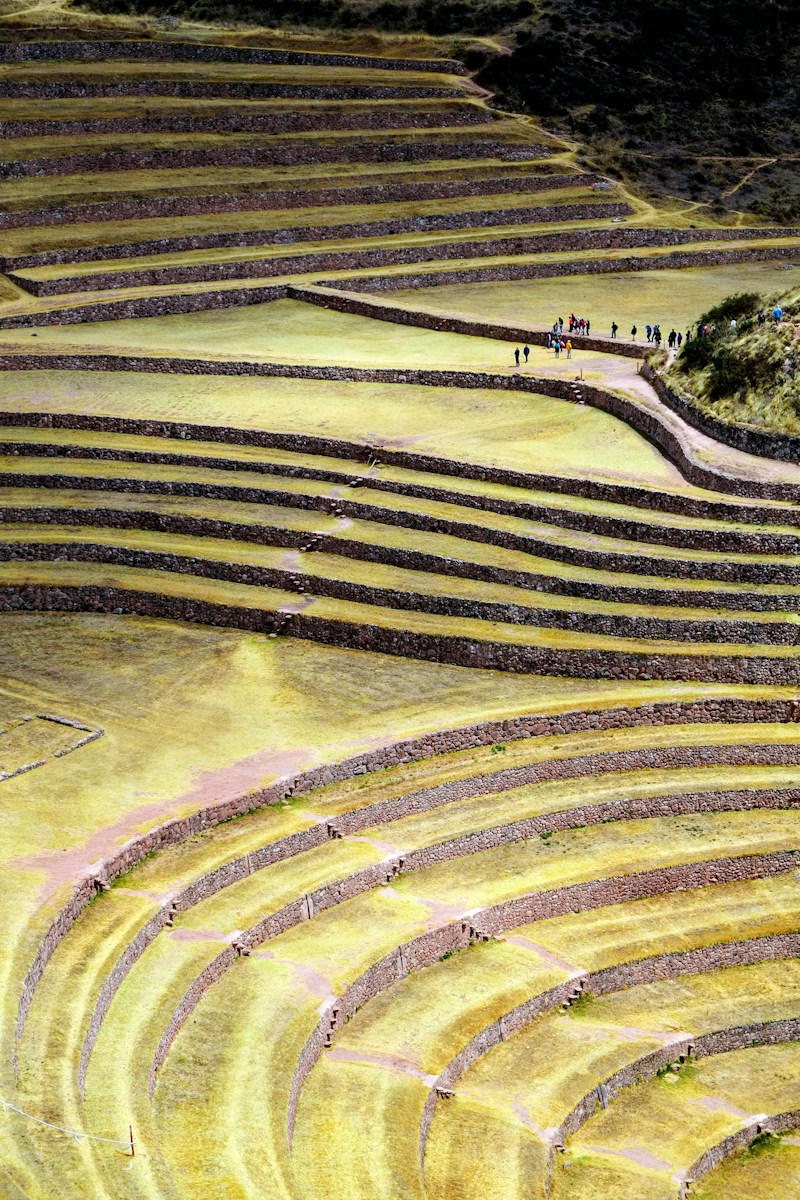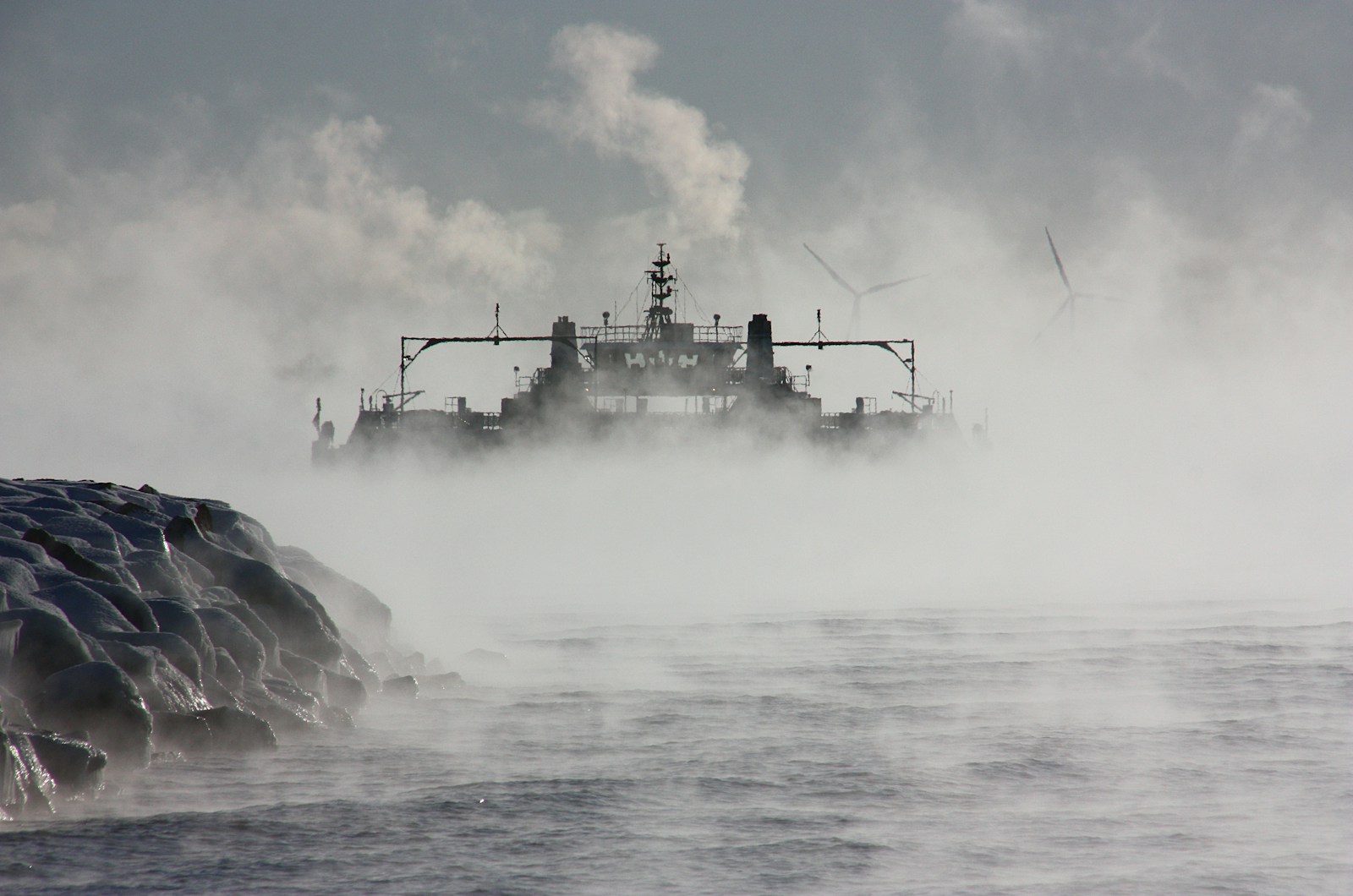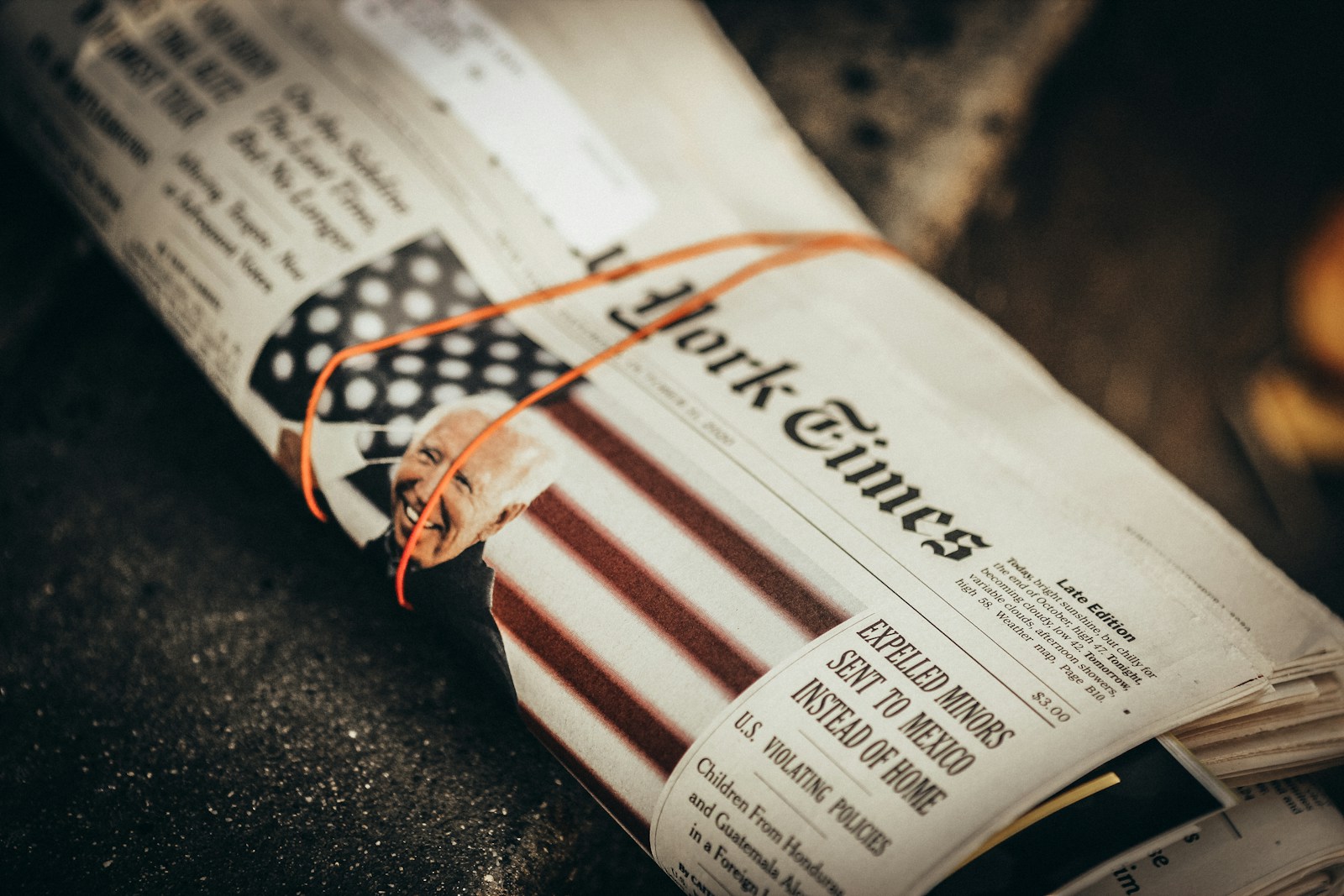Introduction
Peru’s former President Alberto Fujimori has been a prominent figure in the country’s political history. Known for his authoritarian rule and controversial actions, Fujimori’s presidency was marked by both praise and criticism. In this article, we will delve into the life and legacy of Alberto Fujimori, exploring his rise to power, his policies, and the events that led to his imprisonment and subsequent release.
Early Life and Political Career
Alberto Fujimori was born on July 28, 1938, in Lima, Peru. He was of Japanese descent, making him the first person of Asian heritage to become president of a Latin American country. Fujimori initially pursued a career in academia, obtaining a degree in agronomy and later a Ph.D. in mathematics. However, his interest in politics led him to enter the political arena.
Fujimori’s political career began in the late 1980s when he ran for the presidency of Peru. His campaign promised to address the country’s economic crisis and tackle corruption within the government. Surprising many, Fujimori won the election and took office on July 28, 1990.
Fujimori’s Presidency: An Authoritarian Regime
During his presidency, Fujimori implemented several controversial policies that shaped the course of Peru’s political landscape. He adopted a hardline stance against guerrilla groups, particularly the Shining Path and the Tupac Amaru Revolutionary Movement (MRTA), which were responsible for numerous acts of violence and destabilization in the country.
Fujimori’s approach to combating these groups was marked by human rights abuses and disregard for due process. Under his regime, extrajudicial killings, forced disappearances, and torture became commonplace. While some praised his uncompromising stance against terrorism, others condemned the violation of human rights and the erosion of democracy.
Economic Reforms and Fujimorism
In addition to his controversial security policies, Fujimori implemented sweeping economic reforms that aimed to stabilize Peru’s economy. His government pursued neoliberal policies, including deregulation, privatization, and liberalization of trade. These measures attracted foreign investment and led to economic growth, with Peru experiencing a significant reduction in inflation and an increase in GDP.
Fujimori’s economic policies, often referred to as “Fujimorism,” had a profound impact on Peru’s economic landscape. However, critics argued that these reforms disproportionately benefited the wealthy elite and exacerbated inequality within the country.
The Fall from Grace
Despite his initial popularity, Fujimori’s presidency was marred by allegations of corruption. In 2000, a covert operation by the intelligence service revealed evidence of Fujimori’s involvement in bribery and embezzlement. This revelation led to widespread protests and calls for his resignation.
In the midst of the political turmoil, Fujimori fled to Japan, his ancestral home, in an attempt to evade prosecution. However, he was eventually extradited to Peru in 2007 to face charges of human rights abuses and corruption.
Imprisonment and Controversial Pardon
In 2009, Alberto Fujimori was convicted and sentenced to 25 years in prison for his role in authorizing death squad killings and human rights violations during his presidency. He was found guilty of crimes against humanity, including the La Cantuta massacre and the Barrios Altos massacre.
However, in a controversial move, Fujimori was pardoned by then-President Pedro Pablo Kuczynski on medical grounds in 2017. This decision sparked widespread outrage and protests, with many arguing that it undermined justice and the victims’ rights.
Release from Prison and Political Comeback
On October 23, 2018, Alberto Fujimori was released from prison after serving less than half of his sentence. His release was based on a legal provision that allows for the release of prisoners over the age of 70 who have completed at least a third of their sentence.
Since his release, Fujimori has remained a divisive figure in Peruvian politics. He has attempted to re-enter the political arena, but his political influence has waned over the years. Despite his controversial past, Fujimori still has a loyal following, particularly among those who credit him with combating terrorism and stabilizing the economy.
Legacy and Ongoing Debate
The legacy of Alberto Fujimori continues to be a subject of fierce debate in Peru. While some argue that he was a necessary force in combating terrorism and implementing economic reforms, others condemn his authoritarian tactics and human rights abuses.
The events surrounding Fujimori’s presidency have had a lasting impact on Peru’s political landscape. His rule exposed deep-rooted issues of corruption and inequality, and efforts to address these issues continue to shape the country’s political discourse.





